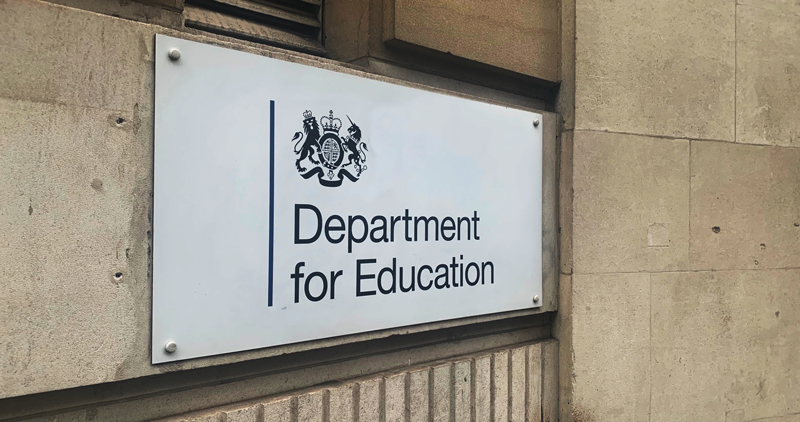The government is poised to drop its landmark schools bill, but officials are working on a last-ditch plan to bring back some of its proposals next year in the form of different legislation.
The bill as it stands will not continue, with the government focused on economic matters and other priorities. An announcement is due tomorrow.
But Schools Week understands ministers hope to enact some of what they see as the most important elements of the bill in the next Parliamentary session, which begins next May.
This could include some of the academy regulation and intervention powers proposed, along with the establishment of a register of children not in school and greater powers to tackle illegal schools.
These policies could be brought back as part of smaller bills, so they are less likely to be held up in the way the schools bill has, sources say.
Schools Week revealed last month how the passage of the schools bill was delayed as part of a review of all legislation by new prime minister Liz Truss. It is Downing Street, not the Department for Education
But the legislation was already in trouble before that.
Dropping schools bill ‘understandable’ says architect
Earlier this year, ministers were forced to slash a series of clauses, which related to academy standards and intervention powers, and promised to come back with updated plans.
It followed widespread criticism of the proposals, with the Department for Education accused of an attempted “power grab”.

Mark Lehain, a former special adviser who worked on the bill, tweeted that “given the other things that need sorting, dropping [the] schools bill is understandable”.
The government’s regulatory and commissioning review, which is still ongoing, can then be “implemented in a later, tightly-scoped bill”, said Lehain, who is now head of education at the Centre for Policy Studies.
“I hope the other bits (eg register of children not in school) come back quickly as they need legislation to be properly addressed.”
Another key set of reforms, the SEND review, is safe, according to government sources. Ministers are due to respond to their own consultation this term.
However, elements of the reforms requiring legislation will still have to battle it out for Parliamentary time along with all other government proposals.
This would have been the case even without the current turmoil, but with ministers focused on economic matters, finding time for the reforms may prove difficult.
Ministers will ramp up use of existing powers
Despite the scrapping of the bill, sources said the government remained committed to the aims set out in the schools white paper.
Schools Week revealed earlier this month how ministers plan to ramp up their powers to tear up funding agreements and move schools into larger trusts after the education secretary vowed to be “much more assertive about intervention and standards”.
It is understood the strategy has been dubbed by some officials as “Operation Plymouth” because it will draw on partnership working and interventions in the south west to improve academy trusts elsewhere.
A review into academy regulation is also still ongoing.
Speaking at the Conservative Party conference in Birmingham earlier this month, Kit Malthouse said the “vast franchise” of England’s education system needed “constant attention and constant pressure from us as demanding friends to drive it forward”.
He warned there was “nothing quite as persistent as people hanging on to mediocrity”.
Jonathan Gullis, the schools minister, also said at the event that he would look to use “existing” powers in the academy trust handbook.
It is believed this relates to the government’s power to issue termination notices and rebroker struggling academies into other trusts. The government has said it wants all schools at least in the process of moving into a MAT by 2030.
















Your thoughts